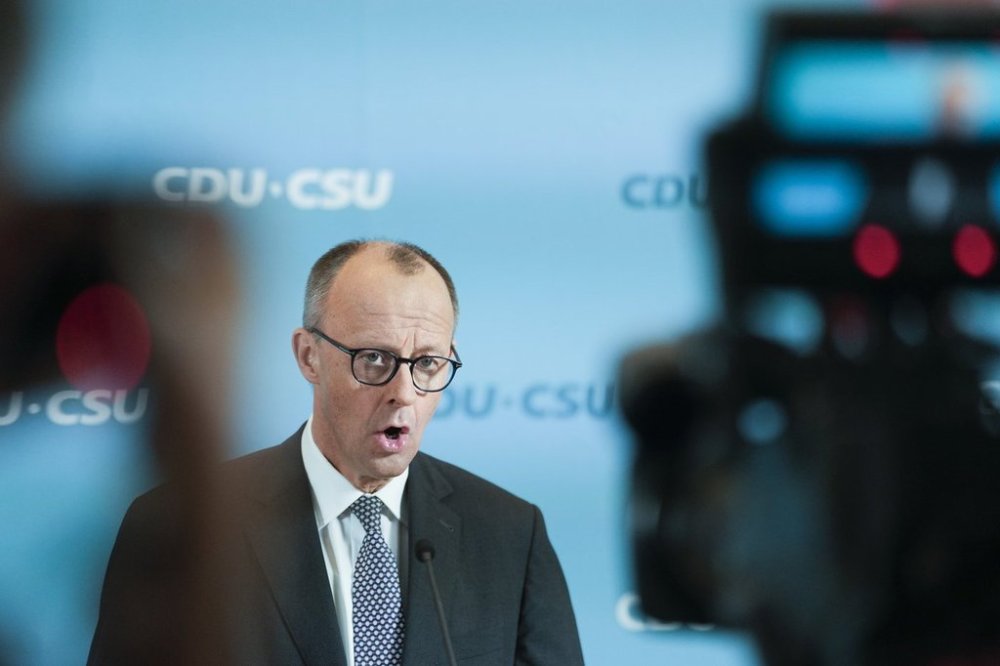German election winner Merz and center-left rivals start sounding out a possible coalition
Advertisement
Read this article for free:
or
Already have an account? Log in here »
To continue reading, please subscribe:
Monthly Digital Subscription
$0 for the first 4 weeks*
- Enjoy unlimited reading on winnipegfreepress.com
- Read the E-Edition, our digital replica newspaper
- Access News Break, our award-winning app
- Play interactive puzzles
*No charge for 4 weeks then price increases to the regular rate of $19.00 plus GST every four weeks. Offer available to new and qualified returning subscribers only. Cancel any time.
Monthly Digital Subscription
$4.75/week*
- Enjoy unlimited reading on winnipegfreepress.com
- Read the E-Edition, our digital replica newspaper
- Access News Break, our award-winning app
- Play interactive puzzles
*Billed as $19 plus GST every four weeks. Cancel any time.
To continue reading, please subscribe:
Add Free Press access to your Brandon Sun subscription for only an additional
$1 for the first 4 weeks*
*Your next subscription payment will increase by $1.00 and you will be charged $16.99 plus GST for four weeks. After four weeks, your payment will increase to $23.99 plus GST every four weeks.
Read unlimited articles for free today:
or
Already have an account? Log in here »
Hey there, time traveller!
This article was published 28/02/2025 (248 days ago), so information in it may no longer be current.
BERLIN (AP) — Negotiators from German election winner Friedrich Merz’s conservative bloc and the center-left Social Democrats started exploratory talks Friday on a possible coalition government, but were tightlipped on the details as they launched what could be a complicated process.
Merz’s Union bloc, which has led the opposition since 2021, won Sunday’s election, in which the far-right, anti-immigration Alternative for Germany took second place.
The only plausible choice of coalition partner for the Union — which like other mainstream parties rules out working with Alternative for Germany — is the Social Democrats of outgoing Chancellor Olaf Scholz. They slumped to third place and their worst post-World War II result in a German parliamentary election on Sunday.

Between them, the Union and Social Democrats have 328 seats in the newly elected 630-seat parliament.
In a brief statement after a first round of talks on Friday, the two sides said the discussions “began in an open and constructive atmosphere.” They said that Finance Minister Jörg Kukies offered an overview of Germany’s budget situation and upcoming talks will discuss “the challenges.”
Another round will be held next week, according to the statement, which gave no specific date. At some point, negotiators will have to decide whether to move on to formal coalition talks.
The possible partners will have to reconcile contrasting proposals for revitalizing the economy, which has shrunk for the past two years, and for curbing irregular migration — an issue that Merz pushed hard during the election campaign. They will also need to overcome distrust generated during the campaign.
Merz has said he hopes to do a deal by Easter. That may be an optimistic timeframe, although other recent governments have been in place within two or three months of an election.
There is no deadline for forming a government, and the record is much longer. After the 2017 election, it was nearly six months before lawmakers elected then-Chancellor Angela Merkel for her fourth and final term.

